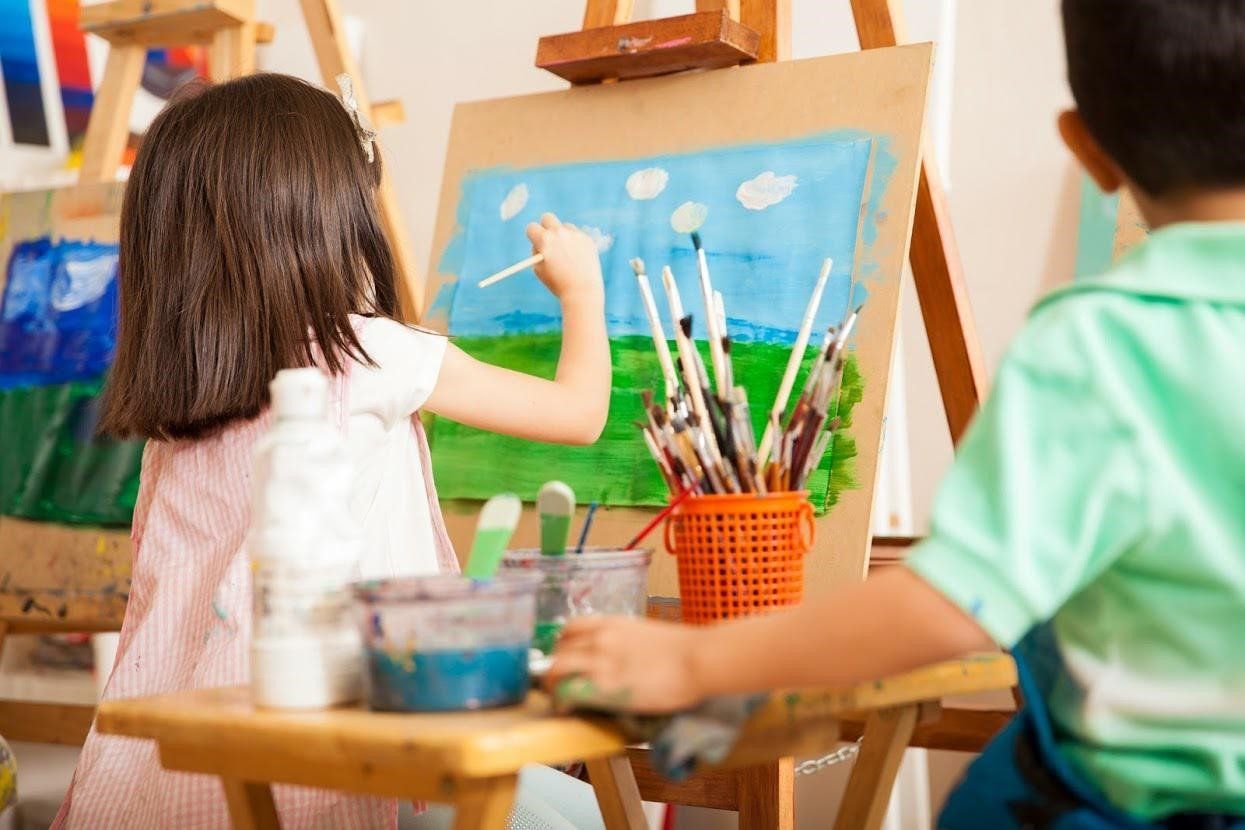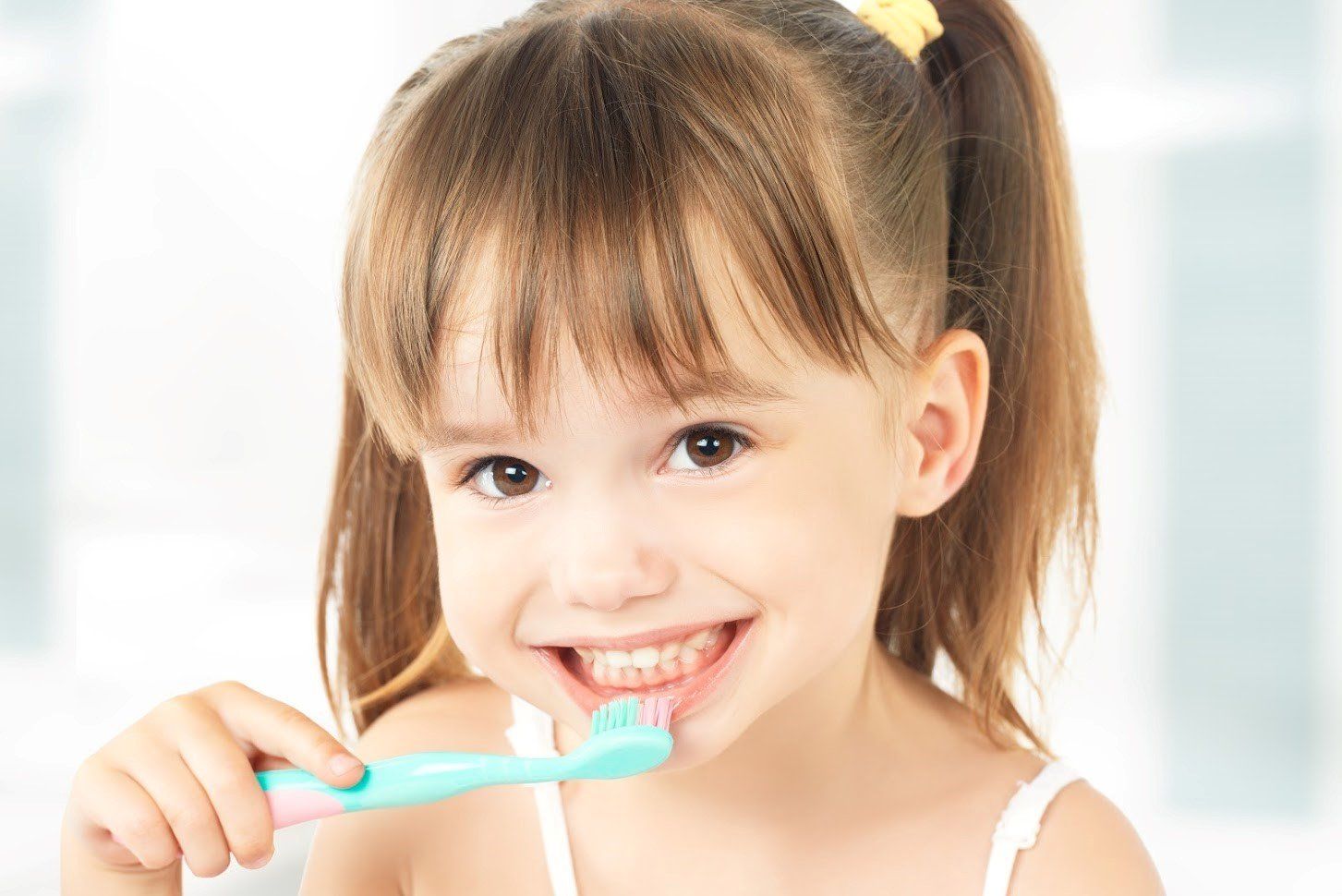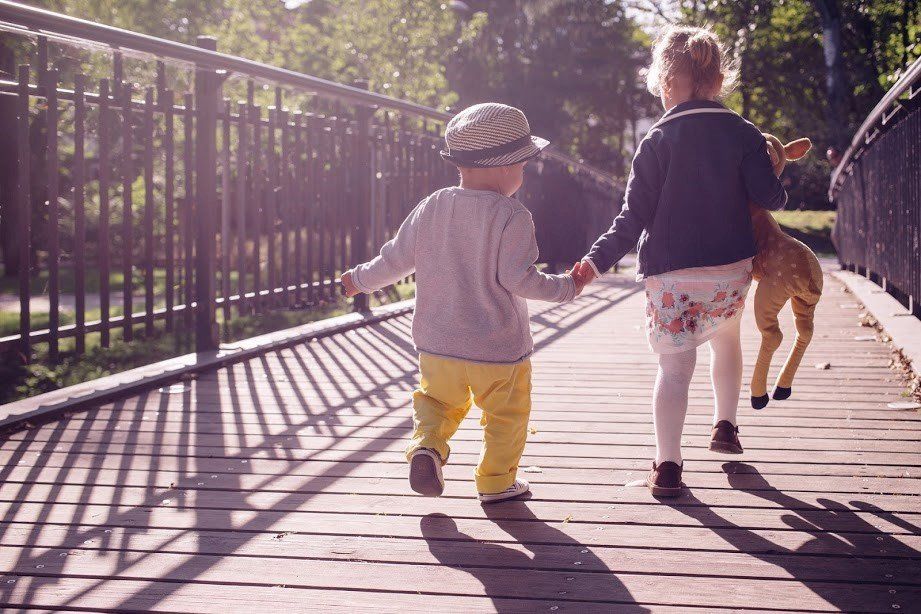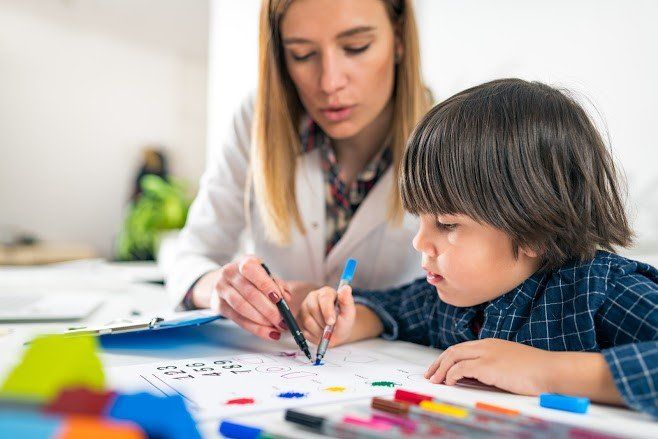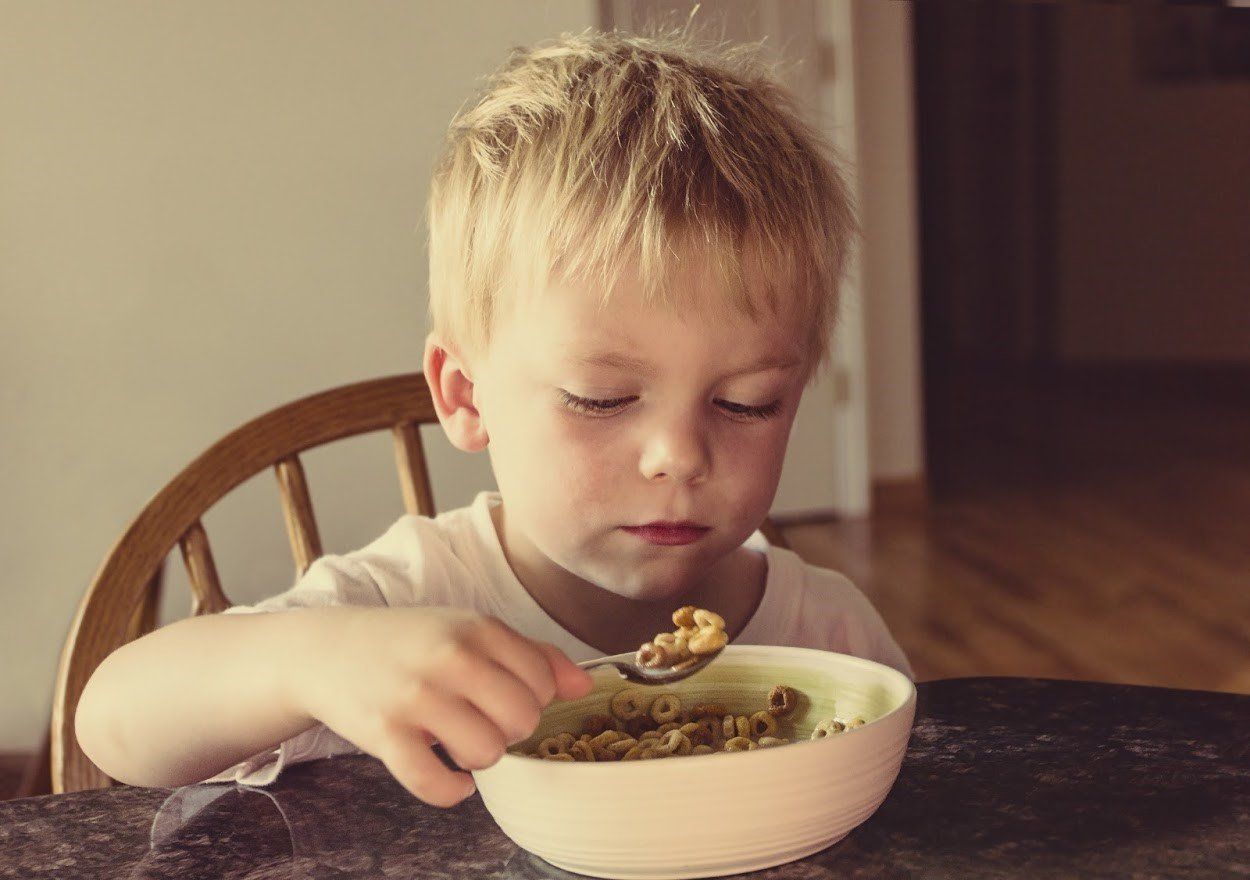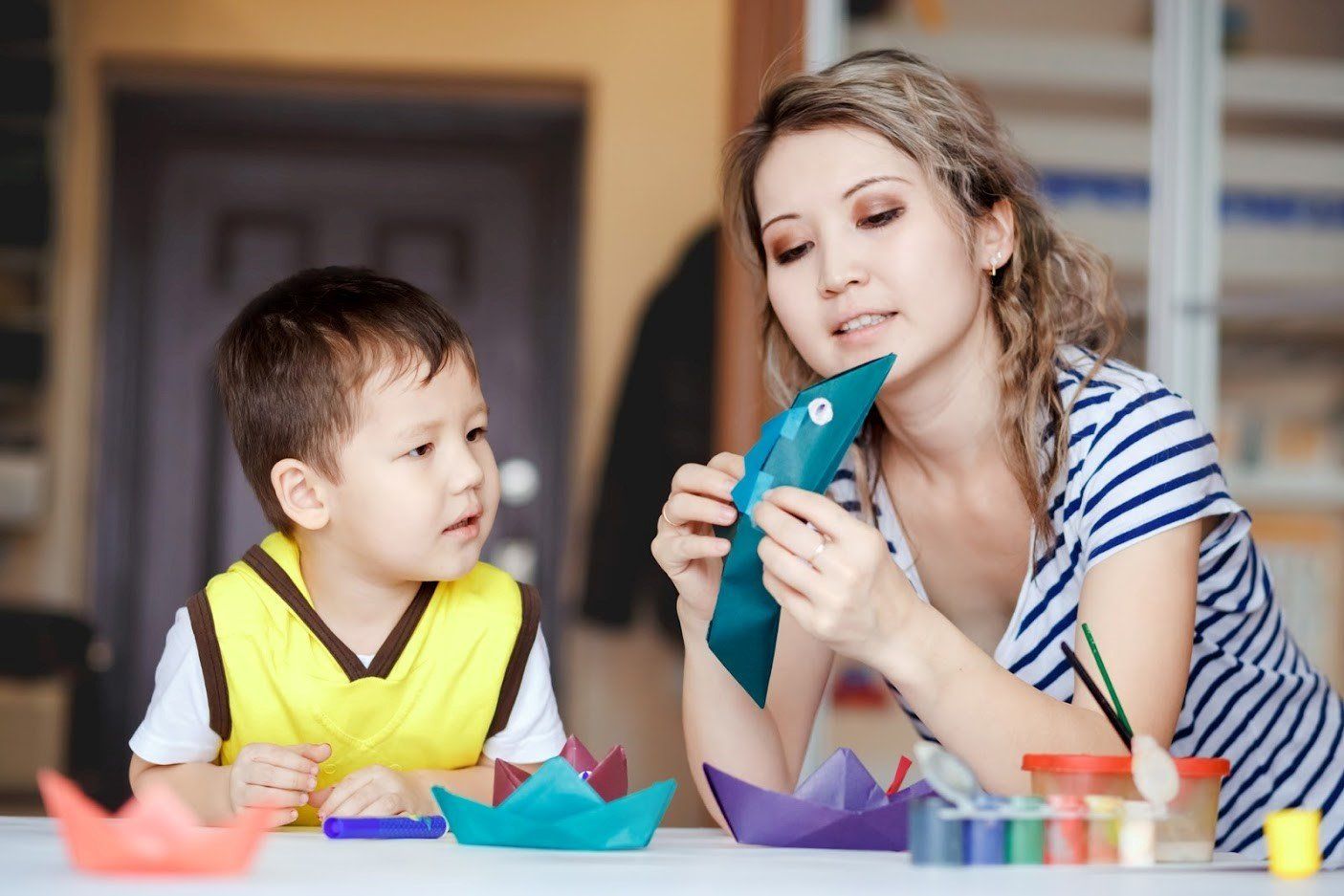Positive Impacts of Music in Early Childhood
Most people enjoy music. You may have even noticed your preschoolers enjoy music. Perhaps you've seen them running around while singing, or banging out a rhythm on pots. The integration of music has a positive impact on their development and later education, and it can even positively impact their future quality of life.
Below are some examples of the positives impacts of music in early childhood.
Developed Body Coordination
Children don't just enjoy listening to music. They can tap, clap, bounce, and dance to make music or to show their appreciation of music. Over time, such activities will help them develop fine and large motor control.
What's more, as they move with music, they develop connections across different regions of the brain. Parents can foster this development by helping them make the music and dancing along. The connections in their brains can help build coordination between the brain and body.
Enhanced Parental and Friendship Bonds
When parents or teachers move and make music with children, the engagement represents a multi-sensory activity that helps them build intimacy. Young children pick up a lot of cues from their parents, teachers, and other children. Early childhood exposure to music helps children develop interpersonal skills when they share enjoyment of the art.
In fact, you often see a lot of movement when young children play together. If they're moving to make or enjoy music, their brains are enforcing those connections related to actions and interactions. Their interpersonal skills will start to thrive because of those connections.
Improved Spatial-Temporal Reasoning
Children can start to learn an instrument as early as three years of age, which is when their brain pathways for music training are mature enough. Indeed, such training can improve their thinking power because it creates pathways in their brains. The piano is a common instrument for young children.
One study showed that children aged three to four who took piano lessons had good spatial-temporal reasoning, meaning they were able to think well in space and time. This type of skill has applications for math. Children who started playing piano early were often able to learn complex math problems faster at a later age than their non-musical peers.
Advanced Cognition in Infants
Music isn't just for toddlers. While infants can't sing and dance, they can enjoy listening to music. In fact, according to the National Association of Music Merchants, infants have an excellent memory for music — after a week or two, they can even recognize a song they've heard repeatedly. What's more, when they're listening to music, they can recognize pitch and rhythm.
This exposure to music helps advance their cognition. For example, they can listen to a song and tell when it's in a different pitch than before. They'll also react if notes are missing or dissonant. They like new music because of their natural curiosity. So, exposing infants to new music or changed music can stimulate their thinking.
Increased Interest in Music
Most parents want to raise well-rounded children with a variety of interests. Well, many of the interests children go on to develop start in their early childhood. So, if you provide a music-rich environment for your child both at home and in preschool, you're fostering a love of the art.
Naturally, the key is to provide music that your children can relate to. They'll obviously lose interest in songs that don't seem to pertain to them. The opposite is true, though. As they develop their love of music, they'll have an enhanced quality of life since the art form can both soothe and invigorate.
Foster your children's development and love of music by integrating the art form into their lives. If you're looking for a preschool that can help your young children develop in a learning atmosphere, contact Small World Early Learning and Development Center


